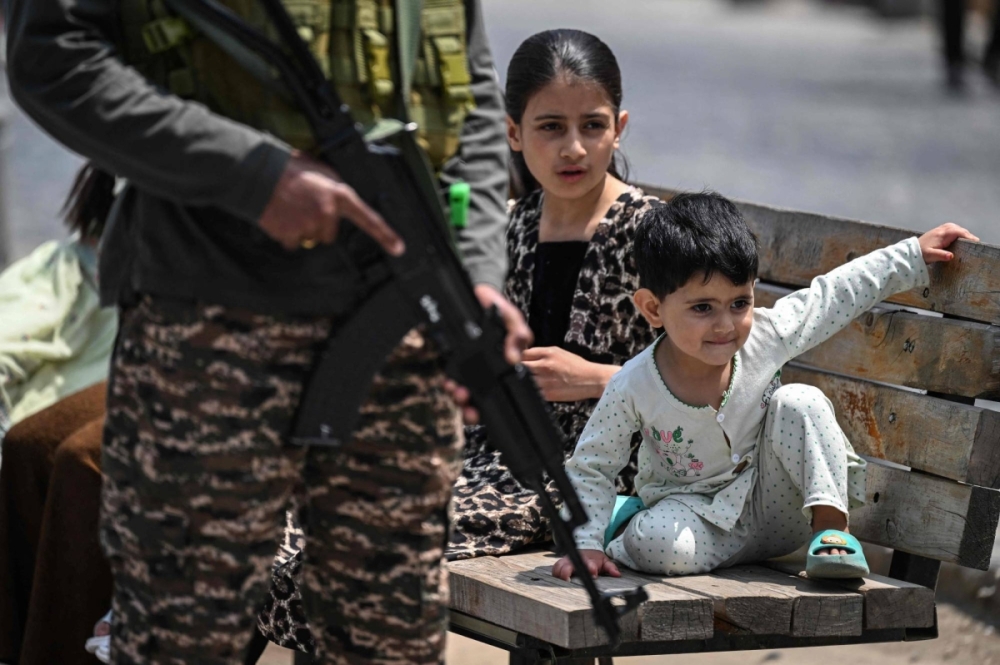
The longstanding rivalry between India and Pakistan has intensified following a deadly attack on Indian tourists in Kashmir on April 22, 2025. India has accused Pakistan of supporting the militants responsible, while Pakistan denies involvement and warns of retaliation if targeted. This escalation has raised concerns about the potential for a broader regional conflict.Asia Times
Military Modernization and Increased Risks
Both nations have significantly upgraded their military capabilities since their last major conflict in 2019. India has enhanced its air force with advanced fighter jets and missile systems, while Pakistan has bolstered its defense with modernized artillery and surveillance technologies. These advancements have increased the risk of escalation, even in the event of a limited conflict.J-STAGE
Strategic Implications
The Kashmir region remains a flashpoint, with both countries maintaining a heavy military presence. The disputed territory has been the site of numerous skirmishes and conflicts over the decades. The recent attack on tourists has further strained relations, with both sides accusing each other of supporting militant activities.
International Concerns
The international community is closely monitoring the situation, with concerns about the potential for a wider regional conflict. The United Nations has called for restraint and dialogue between the two nations. However, with both countries being nuclear-armed, the risk of a miscalculation leading to a larger conflict remains a significant concern.Asia Times
Conclusion
The recent escalation between India and Pakistan underscores the fragile security situation in South Asia. While both nations have expressed a desire to avoid full-scale war, the risk of unintended escalation remains high. Continued diplomatic efforts and international engagement will be crucial in preventing further deterioration of relations and ensuring regional stability.



